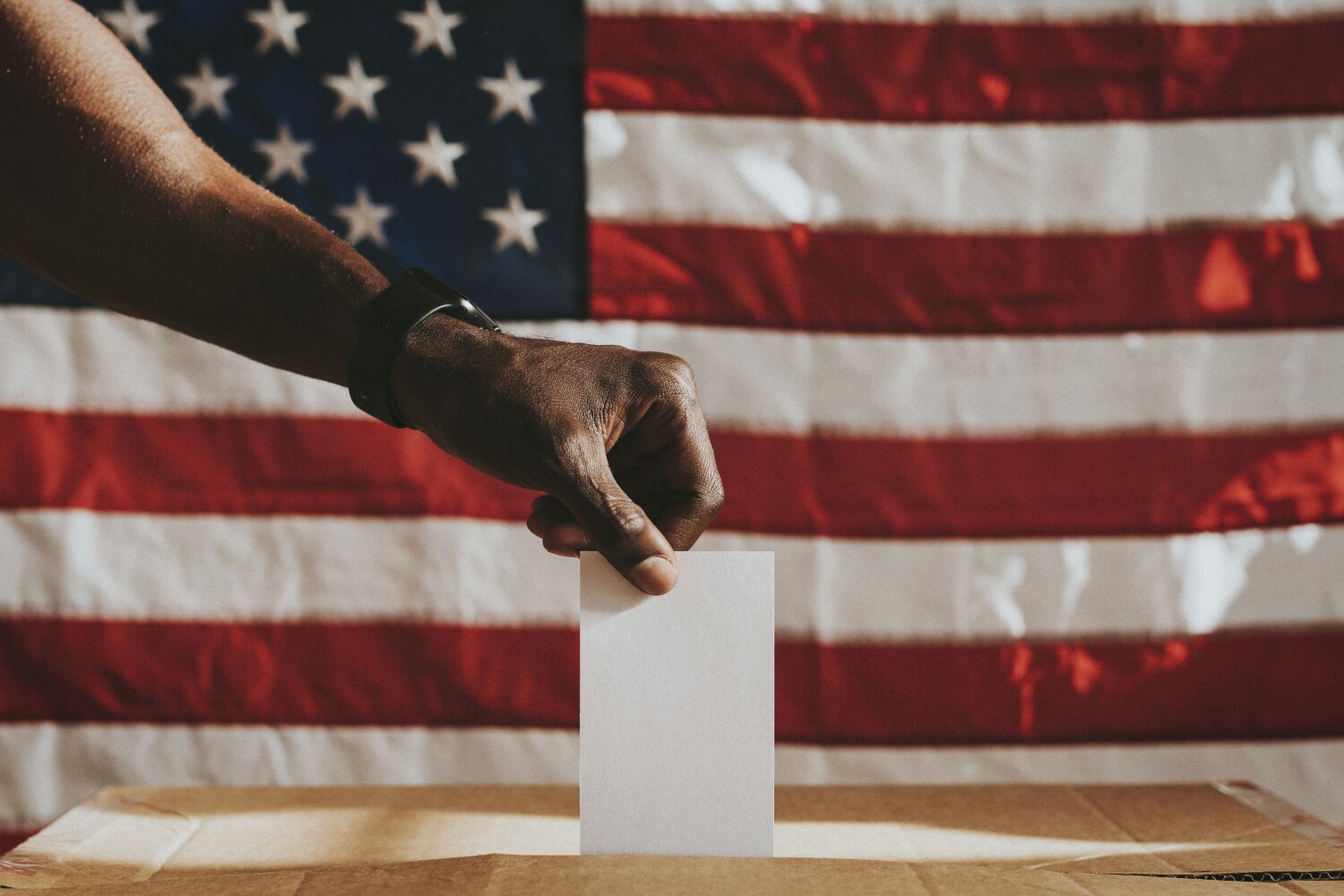
This 1867 drawing by Alfred Waud, “The First Vote,” depicts Black
men waiting in line to cast ballots in Southern states.
On January 8, 1867, African American men gained the right to vote in the
District of Columbia despite the veto of President Andrew Johnson. The
Republican-controlled senate overrode Johnson by a vote of 29-10
three years before a constitutional amendment granted the right to
vote to all men regardless of race.
As evidenced by his veto, Johnson valued reconciliation with the former Confederacy over racial equality and also opposed the Fourteenth
Amendment, which made freed slaves citizens. His opposition to
the Republicans’ views on Reconstruction would define his presidency
and lead to his becoming the first president ever to be impeached.
Though Johnson was unable to stop Congress from granting voting
rights to the African Americans of D.C., he spent much of his term in
office vetoing the bills of the so-called Radical Reconstructionist.

Andrew Johnson (1808-1875)
Johnson was the 17th U.S. president,
assumed office after the assassination
of Abraham Lincoln.










